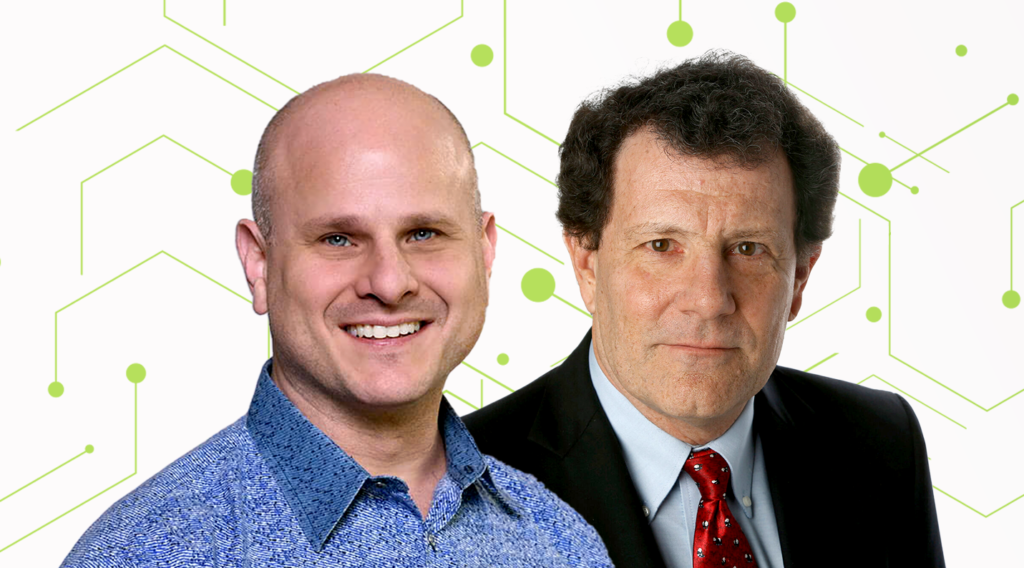New Year’s Address to the Nation
When Václav Havel spoke to the citizens of Czechoslovakia as their president on New Year’s Day in 1990, it was the first time in 40 years a democratic leader delivered the annual address. Havel had the responsibility of ushering in a new year, new government, and new era for the nation.










